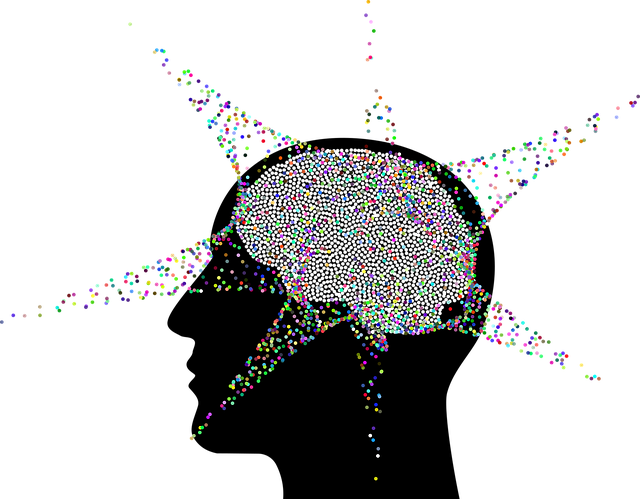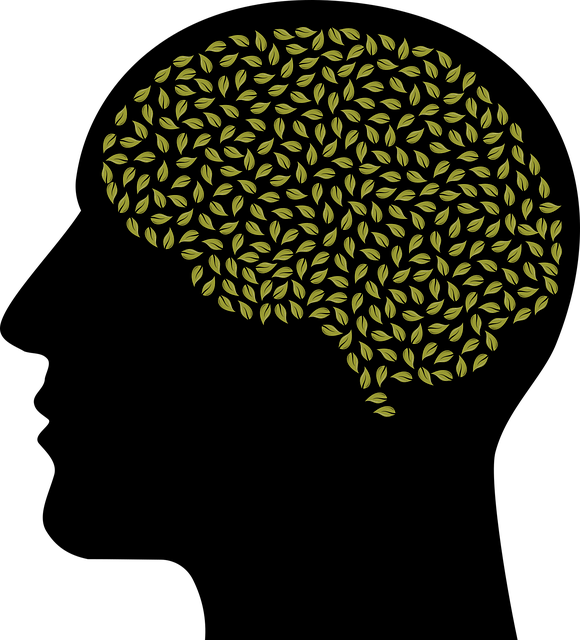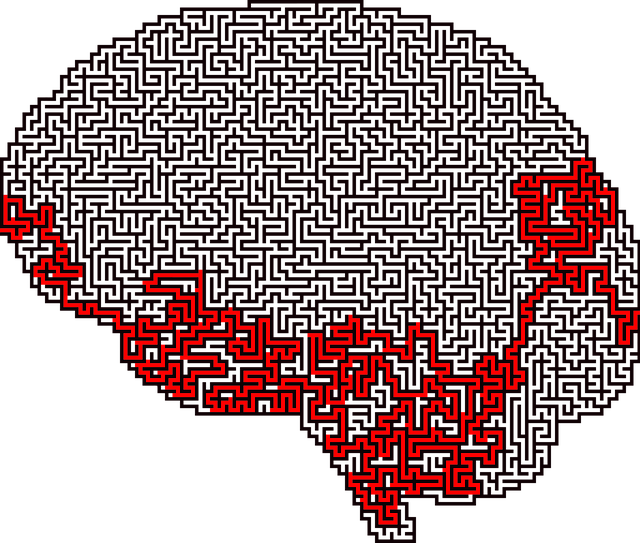Longmont Oppositional Defiance Disorder (ODD) Therapy uses the RFM model to build resilience, targeting ODD symptoms and promoting mental well-being. This holistic approach combines evidence-based techniques with Mind Over Matter principles to improve communication, self-regulation, and create supportive environments. Through structured exercises like journaling, mindfulness, and positive reinforcement, kids develop emotional intelligence and coping mechanisms. Parents can support this by fostering problem-solving skills, modeling healthy behavior, engaging in open family discussions, and seeking guidance from culturally competent healthcare providers.
“Explore the powerful synergy of RFM (Resilience, Flexibility, and Mastery) and its pivotal role in fostering resilience among individuals grappling with Oppositional Defiant Disorder (ODD). This article delves into innovative strategies, starting with an in-depth look at Longmont Oppositional Defiance Disorder Therapy, renowned for its comprehensive approach. We present effective exercises tailored to enhance resilience in children with ODD, coupled with practical guidelines for parents and caregivers to cultivate a supportive environment for resilience development. Embrace these transformative tools for navigating life’s challenges.”
- Understanding RFM and Its Role in Resilience Building
- Longmont Oppositional Defiance Disorder Therapy: A Comprehensive Approach
- Effective Exercises to Enhance Resilience in Children with ODD
- Strategies for Parents and Caregivers to Support Resilience Development
Understanding RFM and Its Role in Resilience Building

Resilience is a vital asset in navigating life’s challenges and adversity. This is where RFM (Strengths, Weaknesses, and Motivations) comes into play as a powerful tool in resilience building exercises. Understanding one’s unique RFM profile can provide valuable insights into how individuals cope with stress and overcome obstacles. For those facing oppositional defiance disorder (ODD) or other mental health challenges, such as anxiety or low self-esteem, Longmont Oppositional Defiance Disorder Therapy offers a structured approach to enhance resilience.
By identifying strengths, individuals can leverage them to overcome weaknesses and stay motivated during difficult times. RFM analysis encourages the development of effective communication strategies, fostering better relationships and support systems. This, in turn, contributes to improved self-esteem and anxiety relief, making it an invaluable asset in the journey towards mental well-being.
Longmont Oppositional Defiance Disorder Therapy: A Comprehensive Approach

In Longmont, Oppositional Defiance Disorder (ODD) Therapy has evolved into a comprehensive approach that goes beyond traditional treatments. This method leverages specialized strategies tailored to address ODD’s unique challenges, focusing on both the child and their environment. The goal is not just to manage symptoms but to foster resilience and promote positive behaviors. Therapists in Longmont employ evidence-based techniques that encourage better communication, enhance self-regulation skills, and cultivate a more supportive home and school atmosphere.
By integrating Mind Over Matter principles, this holistic approach encourages individuals with ODD to develop coping mechanisms centered on positive thinking. Public Awareness Campaigns Development plays a significant role in reducing stigma and increasing understanding among both sufferers and their communities. Through these concerted efforts, Longmont Oppositional Defiance Disorder Therapy aims to empower individuals, break down barriers, and ultimately, revolutionize the way ODD is managed and understood.
Effective Exercises to Enhance Resilience in Children with ODD

Children with Oppositional Defiance Disorder (ODD) often struggle with emotional regulation and impulsive behaviors. Implementing effective resilience-building exercises in Longmont Oppositional Defiance Disorder Therapy can significantly help them develop inner strength. One such exercise is mental wellness journaling, which encourages kids to express their feelings, thoughts, and experiences. This practice fosters self-awareness and provides a safe outlet for emotions, contributing to improved emotional intelligence.
Additionally, structured resilience training under the guidance of Mental Wellness Journaling Exercise can teach children coping mechanisms and problem-solving skills. These exercises should be tailored to address specific challenges faced by kids with ODD, often incorporating mindfulness techniques and positive reinforcement. Healthcare provider cultural competency training is also vital; it ensures that therapists understand the unique needs of diverse populations, thereby creating a more inclusive and effective therapeutic environment for children with ODD.
Strategies for Parents and Caregivers to Support Resilience Development

Building resilience in children is a crucial aspect of their overall development, especially for those with oppositional defiance disorder (ODD) like those seen in Longmont Oppositional Defiance Disorder Therapy settings. Parents and caregivers play a pivotal role in fostering this skill set. One effective strategy is to encourage problem-solving skills by offering choices and allowing children to make decisions, teaching them to navigate challenges independently. Additionally, creating structured routines provides a sense of predictability, which can reduce anxiety and improve emotional regulation.
It’s essential for parents to model healthy coping mechanisms themselves, as children often mimic their caregivers’ behavior. Incorporating activities like mindfulness exercises or engaging in physical play can help channel excess energy and emotions constructively. Regular family discussions about feelings and experiences enhance communication skills and emotional intelligence. Moreover, seeking guidance from healthcare providers and participating in cultural competency training for mental healthcare practices can equip parents with the tools to address their child’s needs effectively while considering cultural sensitivity in crisis intervention scenarios.
In conclusion, integrating RFM principles through practices like Longmont Oppositional Defiance Disorder Therapy offers a promising pathway to building resilience in children struggling with ODD. By combining comprehensive therapeutic approaches with targeted exercises, parents and caregivers can create a supportive environment that fosters adaptability and emotional well-being. These strategies collectively enhance a child’s ability to navigate challenges, ultimately promoting healthier relationships and improved quality of life.














